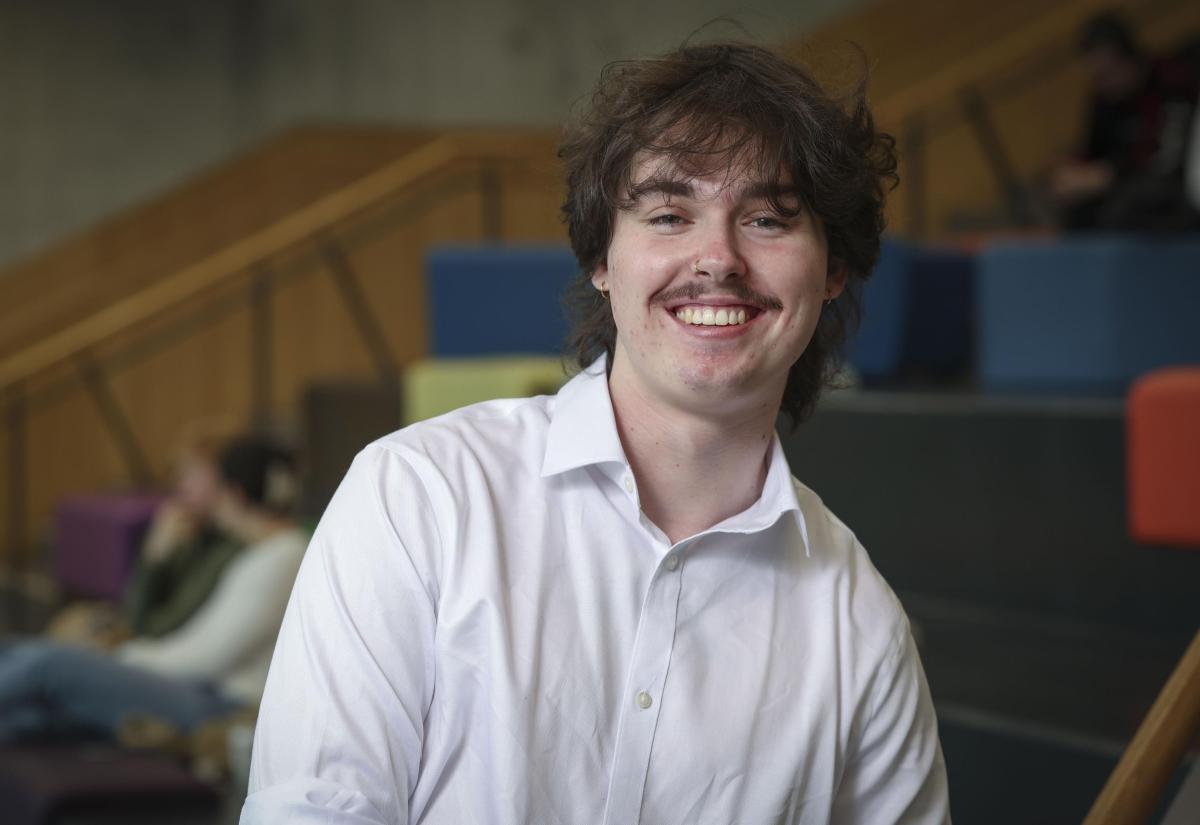

“Art is just something that makes people heal” Study analyses therapeutic tattooing for cancer survivors
A new study from Dublin City University’s School of Psychology examines the practice of therapeutic tattooing for cancer survivors. Speaking to 22 who have worked across the world, including the United States, Canada, France, Germany, Spain and Ireland, who collectively have tattooed almost 9,000 cancer survivors, it found that therapeutic tattooing helped cancer survivors regain their body confidence, reinventing or reclaiming their identities following the tattooing.
Many cancer treatments are still aggressive and often have negative effects on the bodies
of cancer survivors such, skin discoloration and surgical tattoo marks from radiation therapy, port-scarring from chemotherapy and amputation of body parts such as the breast(s) in mastectomies. The consequences of cancer treatments can also cause a disrupted body image and identity for the survivors.
The primary type of cancer worked with by the tattoo artists in the study was breast cancer, but they also worked with ovarian, stomach, skin and lung.
“It's a huge transformation”
Speaking about the performing of medical reconstructive nipple-areola tattoos, one tattoo artist commented
“It’s crazy that something as small as two little 50 cent pieces as a tattoo could just absolutely change someone’s mental focus where they’re not staring at themselves in the mirror saying, ‘How can someone love me, how can someone look at me?’”
Another spoke about choice when it comes to therapeutic tattooing
“Choosing to get tattooed, choosing to change one’s body in that way, they become, like, more embodied, more whole, they can reclaim all the things that they feel like they lost, or reclaim body parts that look different.”
“They get to reinvent themselves, of what they want to live with, so it becomes something that’s almost like they get to choose either who they want to become, they get to choose how they represent their journey, and they get to choose how they’re going to see themselves from then on.”
Despite all artists speaking of the positive effects that therapeutic tattoos had, they had worked with, it was also clear that these tattoos could be equally harmful when performed incorrectly, causing survivors to go through experiencing trauma all over again.
Adam Daly, lead author of the study said:
“This research came about because of my love for tattoos and my experiences of seeing just how much cancer can affect someone. What we found indicates that tattoos can allow cancer survivors to feel more at home in their bodies, using different symbols to navigate their new and changing identities as cancer survivors.
Importantly though, these findings highlight that we should be empowering cancer survivors to make informed decisions about what happens to their bodies after treatment, instead of spreading stigmatized misinformation such as the type which is typically associated with tattooing.”
Dr Simon Dunne, Associate Prof of Psychology in Dublin City University and corresponding author said:
"This important research sheds light on an understudied practice that can have a profound impact on cancer survivors' lives: therapeutic tattoos. Although little is known about this practice by the general public and cancer survivors themselves, our research findings highlight that this practice is widespread, is often completed inadequately by untrained professionals but can have significant benefits to survivors' esteem, identity and body image if practiced correctly."
Adam is continuing this research as part of his PhD at Dublin City University, supervised by Dr Dunne.
